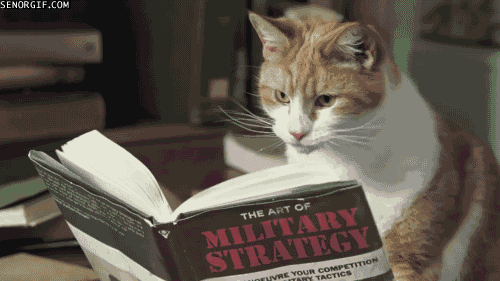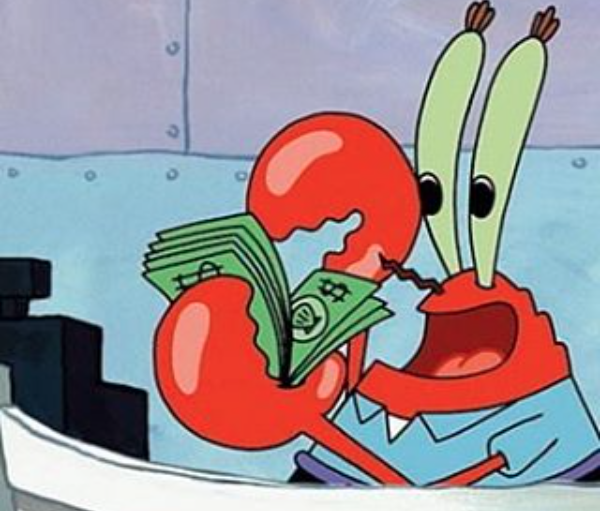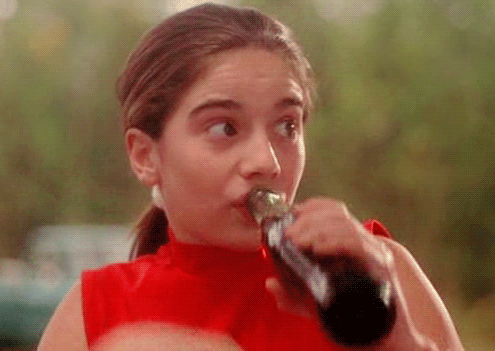On June 16, Philadelphia made a historic decision to implement a soda tax effective January 1, 2017. Philly is known as one of America’s largest, poorest, and unhealthiest cities, and this new soda tax aims to solve many of the problems associated with these issues. This tax idea seems foolproof, a definite win-win, and an initiative that will most surely produce great results. But what exactly will this tax do? Where will the money go? Who benefits, and who doesn’t, from such an implementation?
The Fine Print

Gif courtesy of giphy.com
The law was passed after a 13-4 vote in favor of a 1.5 cent per-ounce tax on all sugary and diet drinks. That means pretty much anything that is bottled, contains sugar or artificial sweeteners, and in the case of fruit juices and dairy, contains less than 50% juice or milk will be taxed. That Coke Zero you drank earlier today? Taxed.The Capri Sun you stole from your little sister’s lunchbox? Yup, that too.
According to lawmakers, the tax is expected to generate $91 million the first year and up to $386 over five years. But where will that money go?

Photo courtesy of @diazepam_bax on Instagram
The law outlines several areas expecting this revenue, most of it going toward early childhood education and the repair of neglected infrastructure. The city received a lot of support from citizens because they plan to use money in this way.
Philadelphia Mayor Jim Kenney considers this as the first step in solving a poverty crisis plaguing the City of Brotherly Love. On the other hand, many citizens are also infuriated because education and infrastructure aren’t the only two places the money will go. Some of it will also go into the city’s general funding and other expenses, such as the funding for re-trying juveniles in court. So who, if anyone, will really benefit from such a tax?
The Winners

Gif courtesy of giphy.com
Anyone who has taken an Economics, History, or Political Science class knows that in any transaction, there’s always going to be winners and losers. The passing of this law is no different. Fortunately, many people see the silver lining with this tax and have shown their support for it, too.
For starters, anywhere the tax revenue is being allocated will benefit from this law. Early childhood development centers, buildings (and the construction industry), and the city in general will get the best part of the bargain. Former New York City Mayor Michael Bloomberg is a vocal supporter of this law. “No policy takes more direct aim at both [obesity and poverty] than Philadelphia’s tax on sugary drinks,” said Bloomberg.
The Losers

Gif courtesy of giphy.com
While the overall reaction to this law seems positive, many are not too happy with this extra fee. Not only will there be a loss of beverage industry jobs and sales, but many argue that the new tax will disproportionately affect those in poverty, the class of citizens Mayor Kenney has been desperately trying to help. The soda tax will also negatively impact working families, businesses, and the American Beverage Association (the ABA spent over $5 million advertising against the soda tax).
Finally, the restaurant industry is expected to take a big hit because it will now cost 18 cents extra for just one 12-oz can of soda (that’s $2.16 for a 12 pack of pop at a grocery store). And you can forget about those refills on your favorite drinks.
Now What?

Gif courtesy of giphy.com
While it’s impossible to predict the long-term outcomes of such a law before it has even taken into effect, it’s important to consider the precedent left by such an initiative. Philadelphia is one of the first major cities to successfully pass a soda tax law.
Other cities, such as Baltimore, MD, are seriously considering a similar tax as well. Leana Wen, the Baltimore health commissioner, hopes her city will follow suit and take an initiative in improving the lives of their citizens. But will this new soda tax really help the poor? And serve as a cure-all to the obesity epidemic? We can only wait to find out and keep our fingers crossed while we’re at it.


